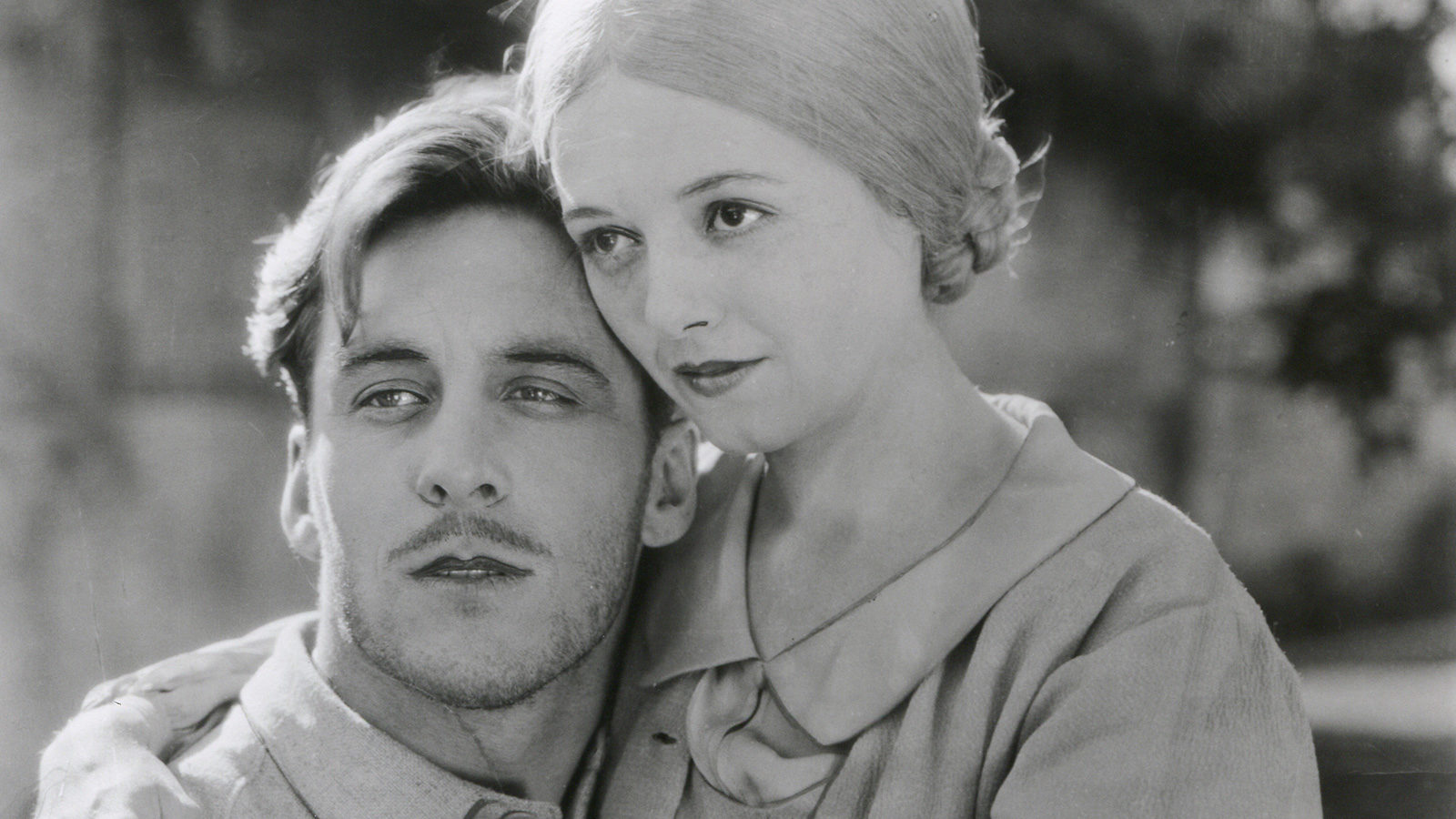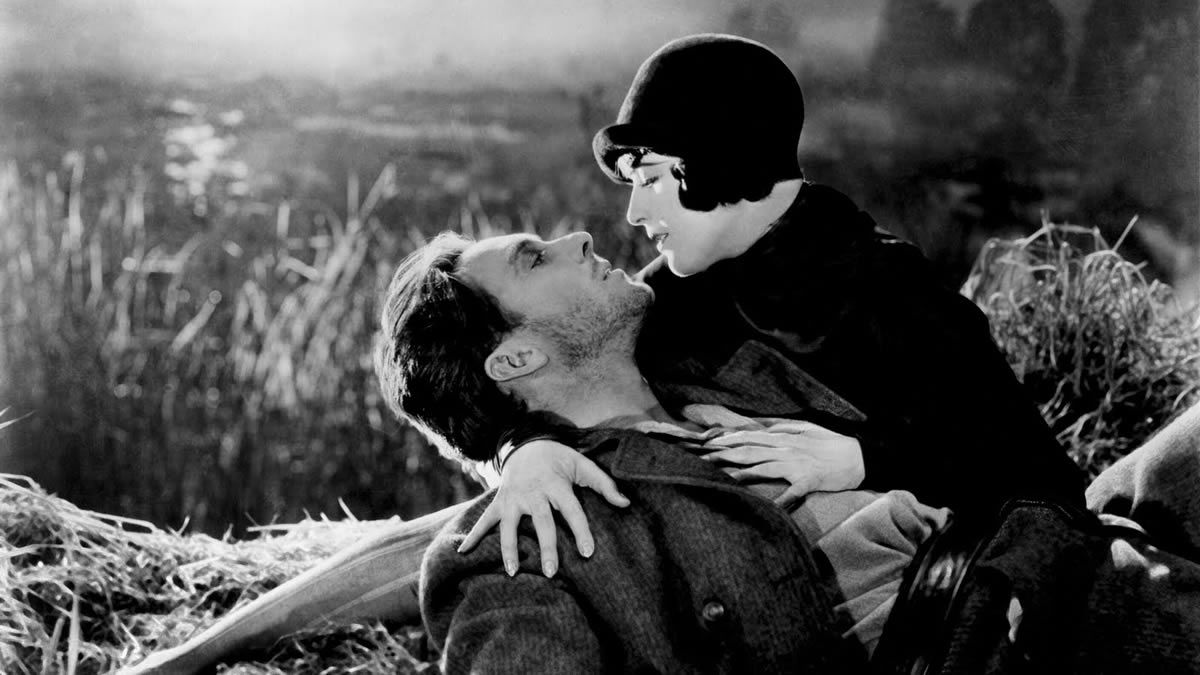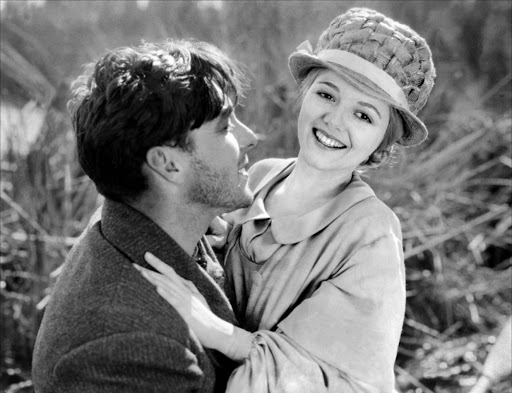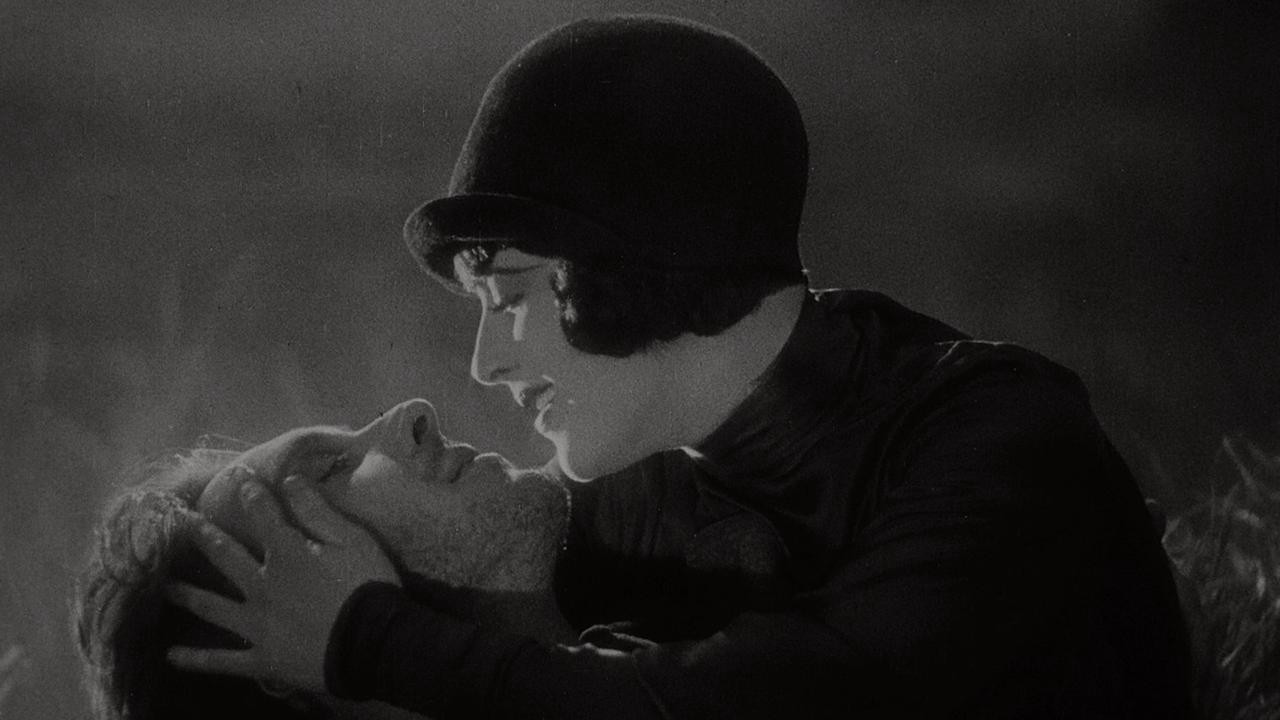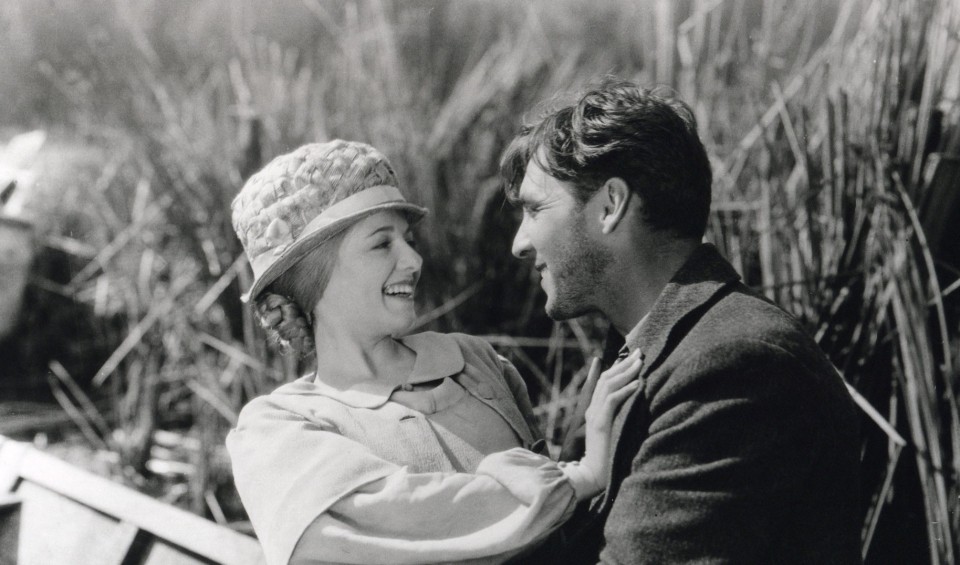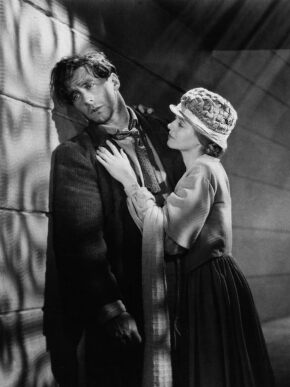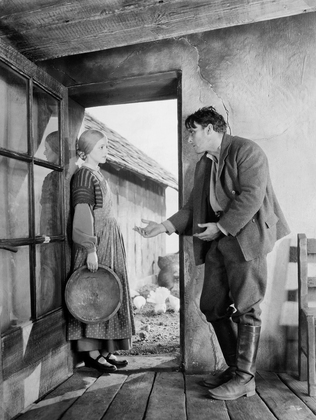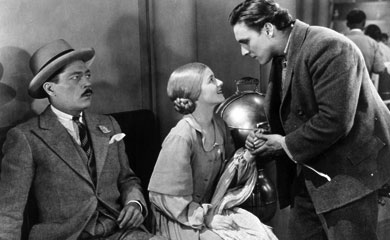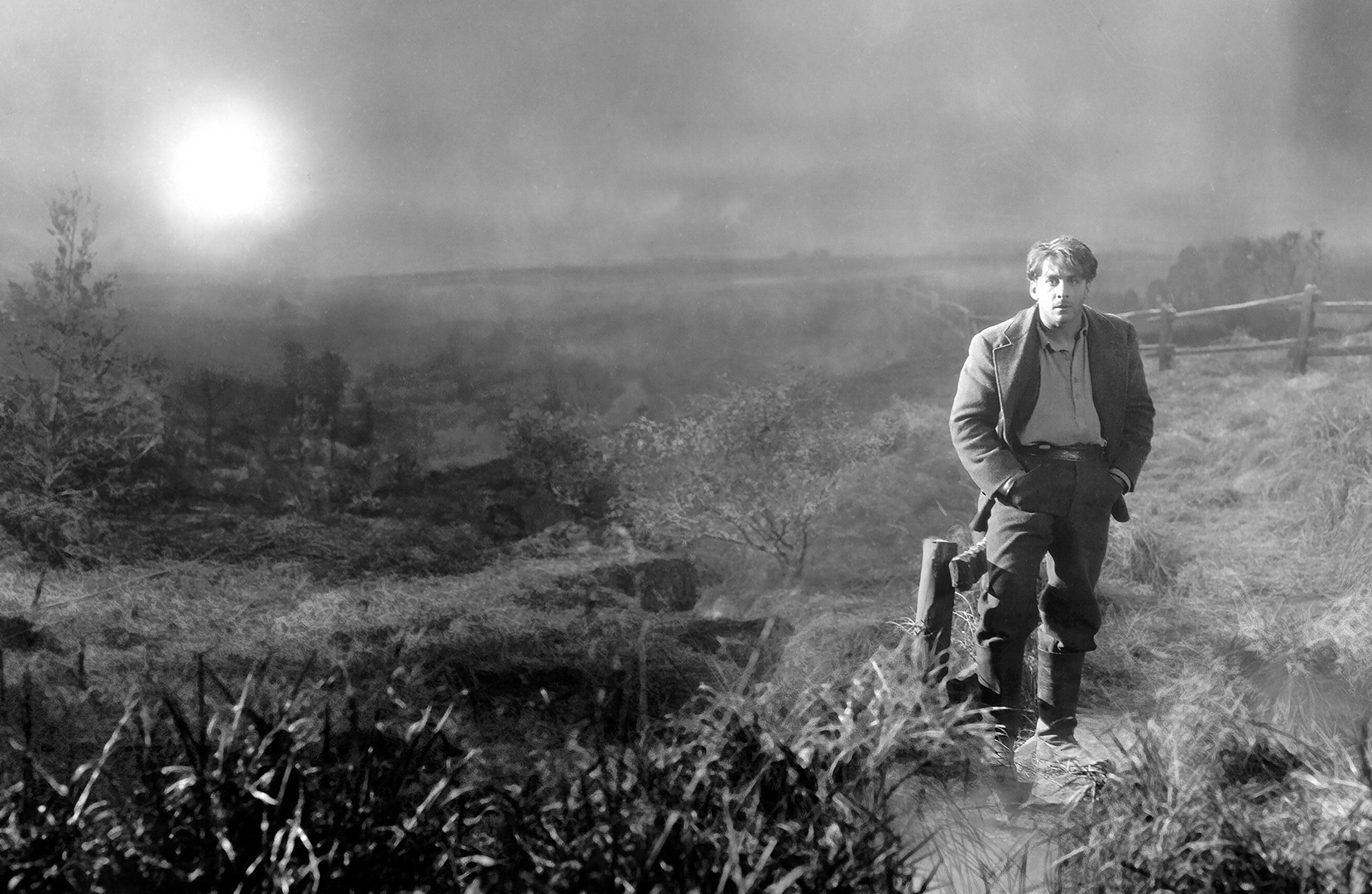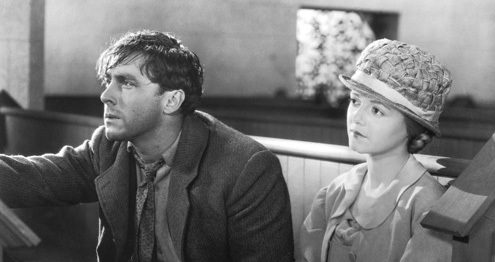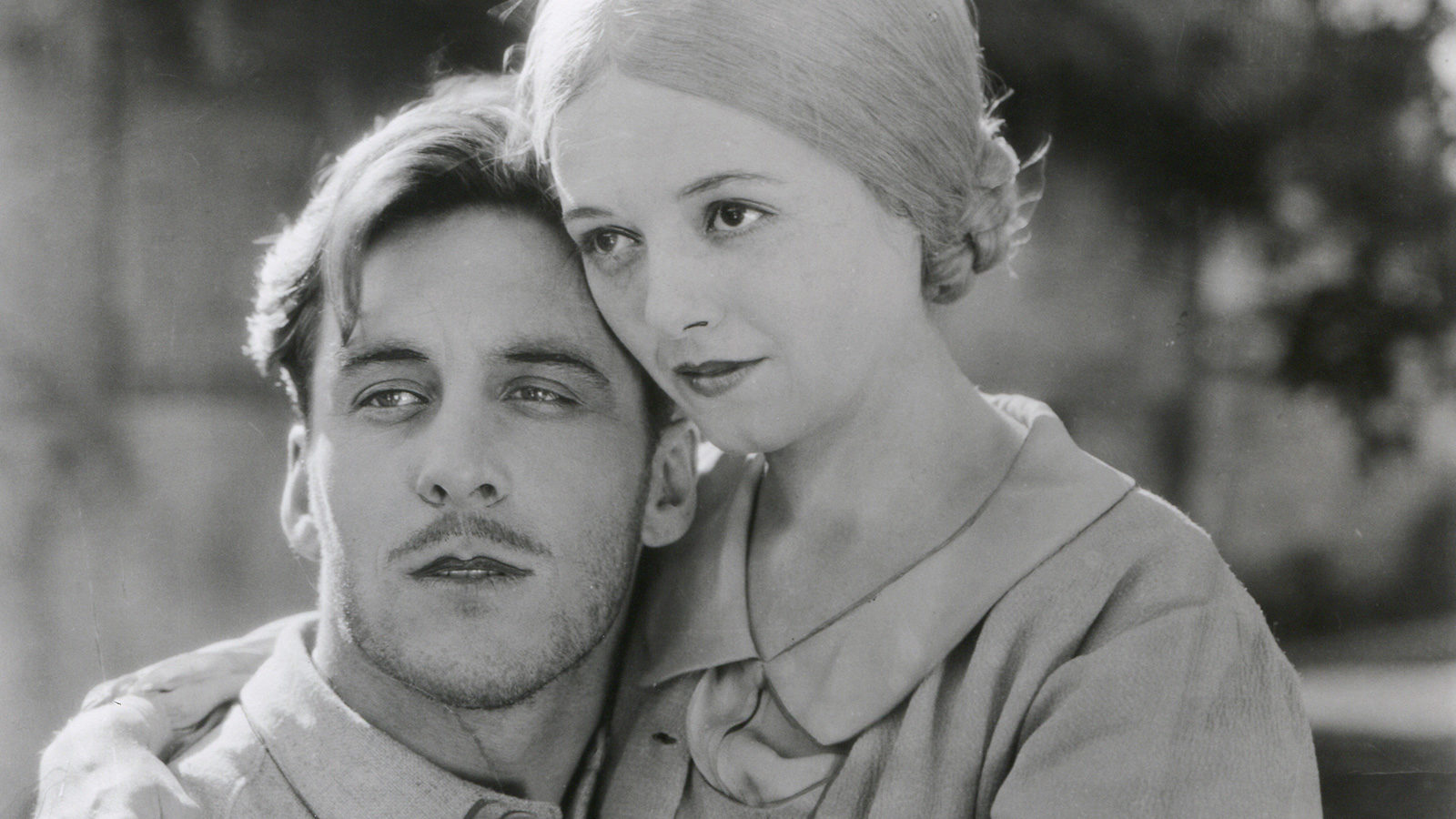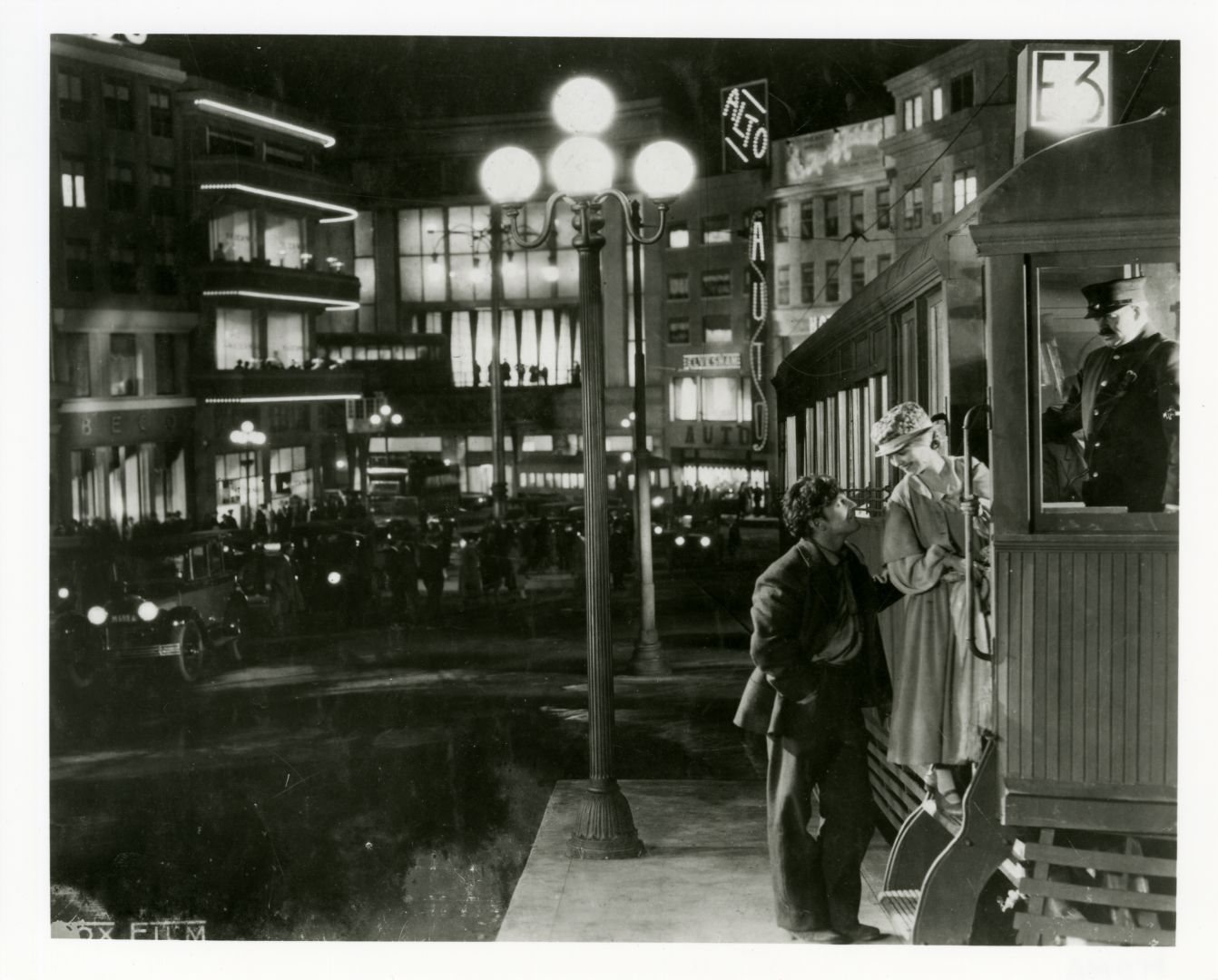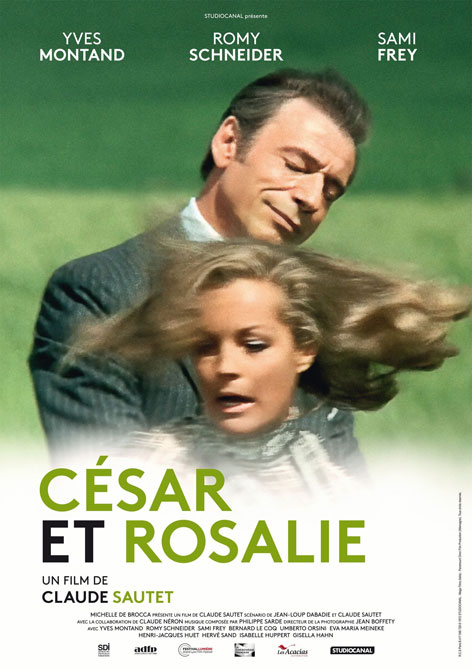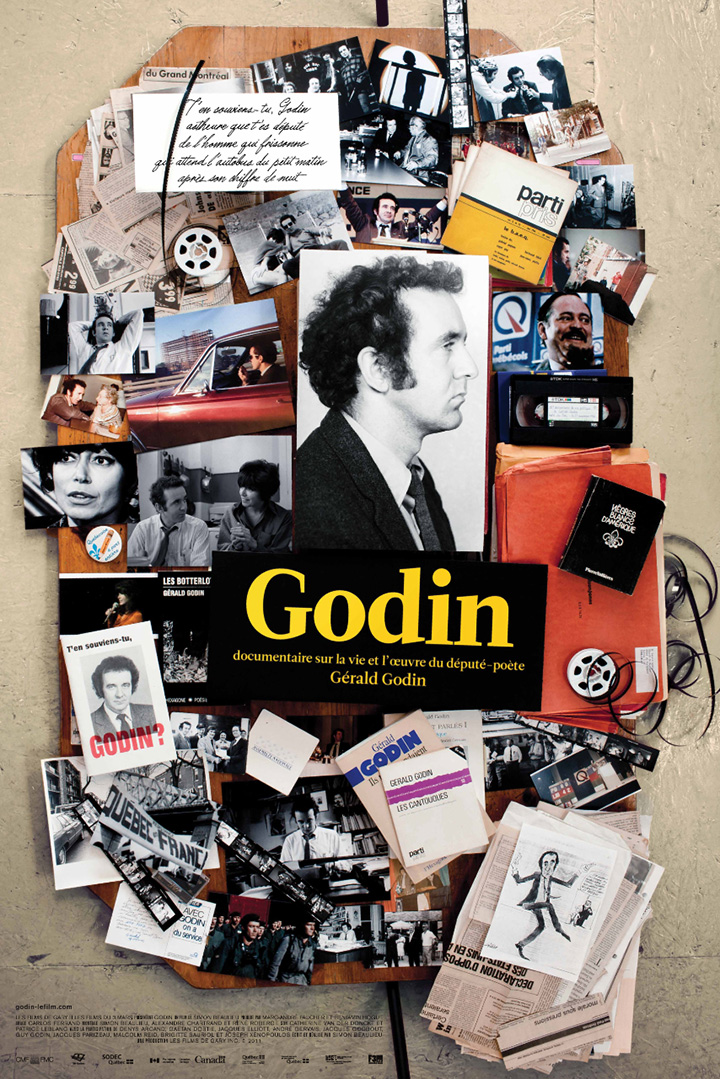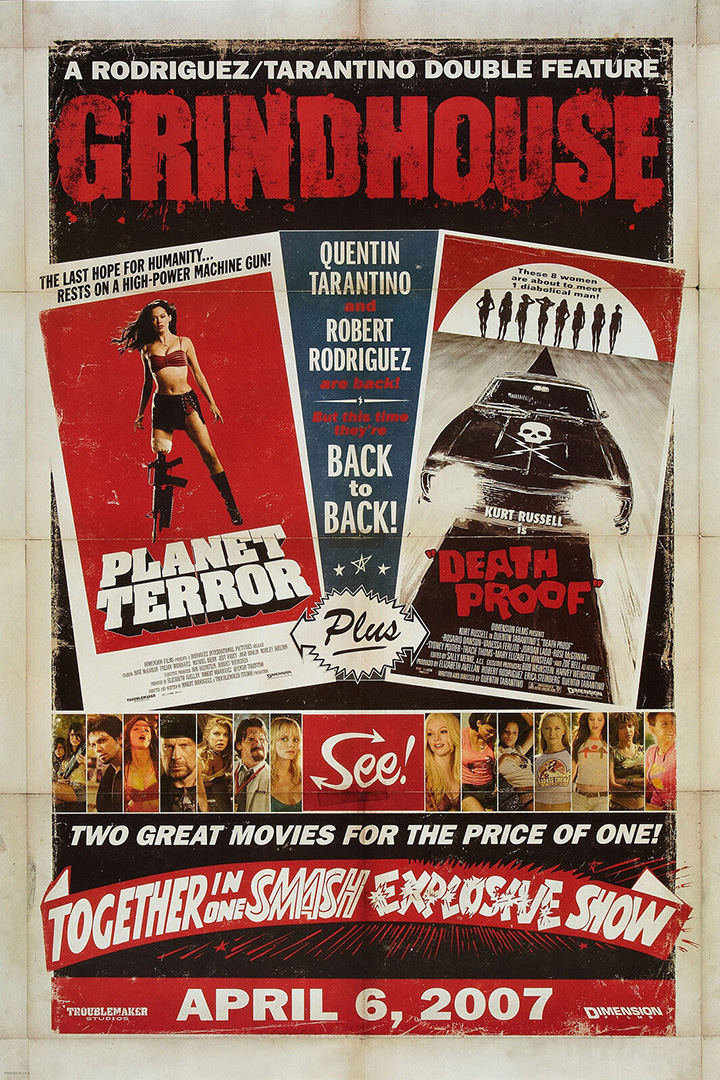Sunrise: A Song of Two Humans
Making lists is an activity moviegoers are fond of. Every year, the same ritual: compilation of the ten best films, with comparative analyses, debates, heated discussions. But what about the ultimate list of the most outstanding films in the history of cinema? That is to say, those films that must be seen, those that have forever transformed the art of cinema, but also our way of seeing a culture, of understanding the world as well as our own lives? This program aims to tackle this challenge with nearly eighty films, produced between 1916 and 1960, while waiting for your lists!
In this fable-morality, the evil temptress is a city woman who bewitches farmer Anses and tries to convince him to murder his neglected wife, Indre.
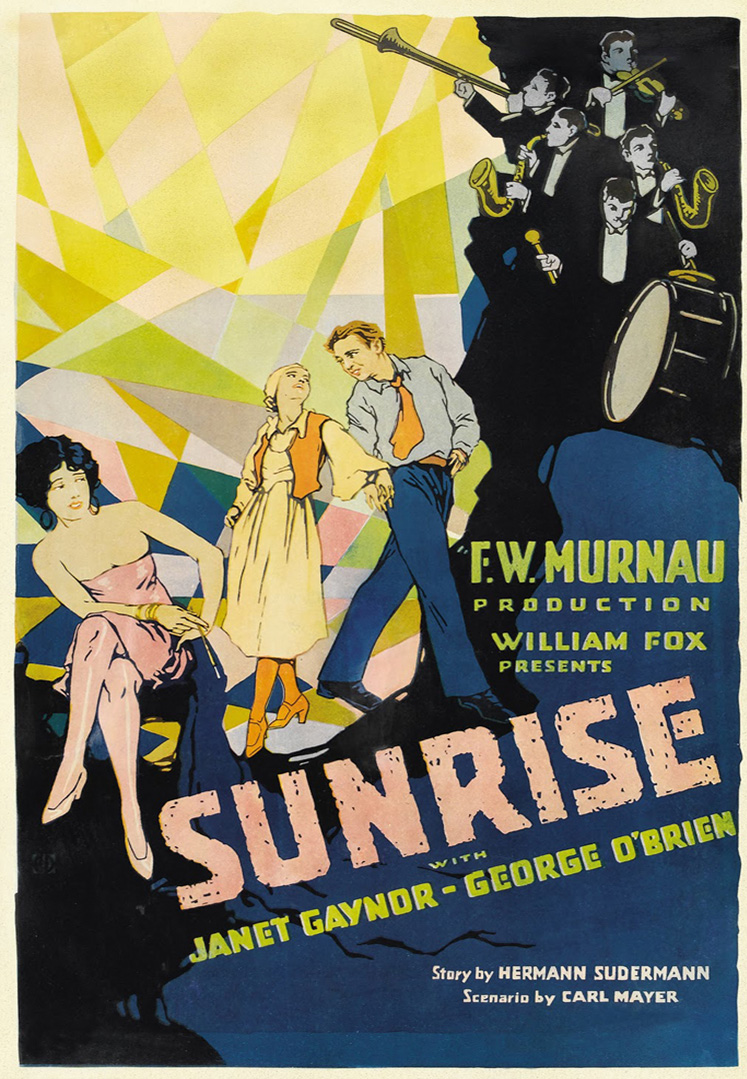
Original trailer
F. W. Murnau
Born Friedrich Wilhelm Plumpe in 1888 in the German Empire, Murnau studied philology, art history and literature. He then joined Max Reinhardt's theater company. He met many artists and intellectuals of the time, including the painter Franz Marc. During the First World War, Murnau fought on the front and in the Air Force before being taken prisoner. Upon his return to Germany, he founded a film studio with the actor Conrad Veidt and began directing. Starting with Nosferatu in 1922, he became a leading figure of German expressionism and imposed the innovative genius of his mise en scène. In 1926, he moved to Hollywood where he made four films, including his masterpiece The Dawn, before being killed at an early age in a car accident a few days before the premiere of his last film, Taboo.
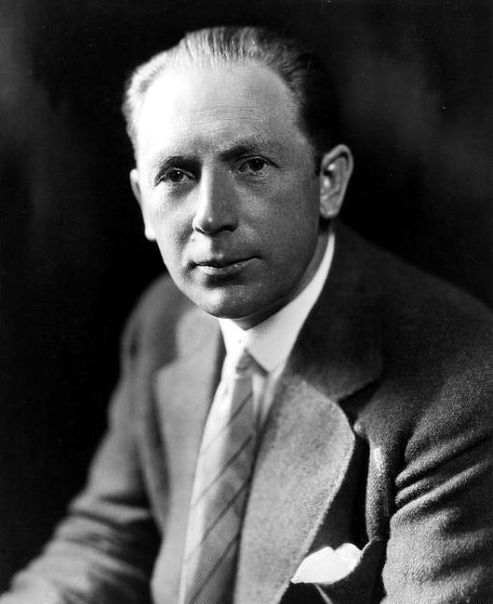
Explore
